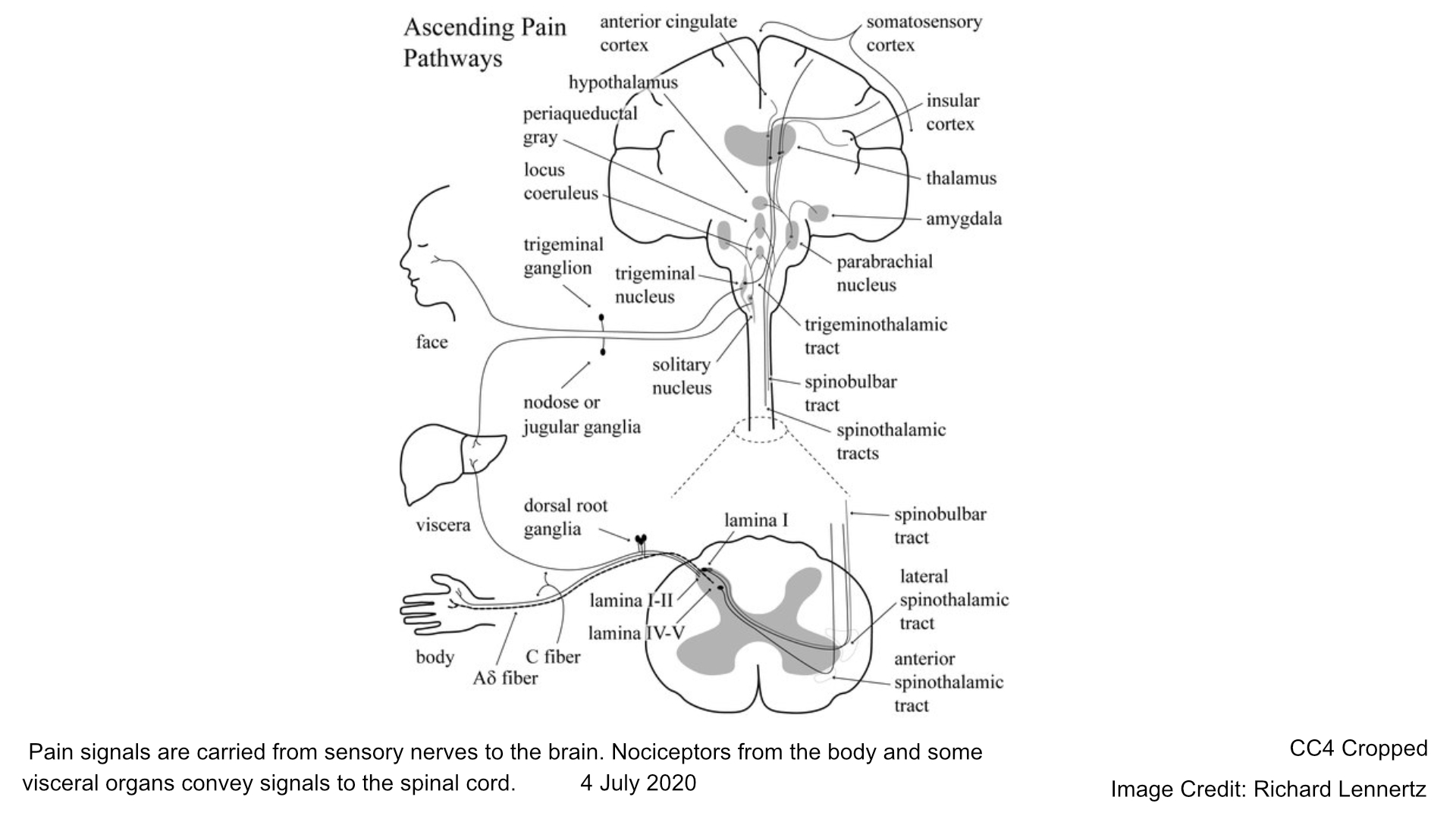The proposed policy, as reported by NBC News, aimed to cap anesthesia payments based on estimated procedure times using data from the Centers for Medicare and Medicaid Services (CMS). Exemptions were planned for maternity patients and individuals under 22. The American Society of Anesthesiologists (ASA) strongly opposed the policy, arguing it could compromise patient safety and was motivated by financial interests.
- Anthem proposed capping anesthesia payments based on estimated procedure times, exempting maternity patients and individuals under 22, but faced strong opposition from medical professionals and state officials.
- Critics, including New York Governor Kathy Hochul and Connecticut Comptroller Sean Scanlon, argued the policy would shift financial burdens to patients and jeopardize care quality.
- Anthem reversed the policy after public and governmental pressure, clarifying its intent to align with clinical guidelines and avoid overbilling.
- Healthcare professionals emphasized the complexities of determining anesthesia time and raised concerns about the transparency of CMS’s time estimates.
Critics included state officials who intervened to prevent the policy’s implementation. New York Governor Kathy Hochul and Connecticut Comptroller Sean Scanlon were vocal opponents, arguing that the policy would burden patients with additional costs. Governor Hochul announced via social media that Anthem’s policy reversal was a result of public and governmental pressure.
Anthem released a statement clarifying that the policy was misunderstood and reiterated its commitment to covering necessary anesthesia services. The insurer intended the policy to align with clinical guidelines and prevent overbilling, not to deny coverage.
Healthcare professionals raised concerns about the policy’s impact on patient care. Dr. Dhivya Srinivasa, a breast cancer reconstructive surgeon, explained that anesthesia time is determined by the surgery’s complexity and cannot be predetermined. ASA President Dr. Donald Arnold questioned the transparency and purpose of CMS’s time values, highlighting the lack of clarity in their development.
Anthem’s policy reversal underscores the importance of advocacy in healthcare policy decisions. The decision ensures that patients receive the necessary anesthesia services without added financial burden or compromising care quality.





